STORIES / Okara’shòn:’a

Brightsun Bakery
Baking was in my blood—my mother was a baker. When we were kids, we’d run down the road to deliver hot bread straight from the oven to people who had placed orders. She also made meat pies, which she’d store in an upstairs unheated room to keep them cold.

Way off-Broadway
In those days, nobody knew about Natives. No one gave a shit about us. Some Natives would go and watch, if they knew about it. They would put ads in the paper under current events for their plays.

A story with a lesson
Fishing alone, the man would reel in his net and catch more than he needed. Not being mindful, the man would choose all his favourite fish for himself and his family and chuck the rest ashore.

Horse ranch surprise
For Lionel’s 80th birthday we went to a horse ranch; It was called Ridin-Hy. He figured that it was only supposed to be him and I, with our daughter, Natalie, and her husband, Tim.

Paris, France
One day, the phone rang. A woman was scouting for two children to be in a movie, and she liked the picture of Katsitsanoron that was at the Cultural Center.

Wood burning stove and candies
As kids, we’re all sitting around the stove and then he’d tell us stories. Grandpa’s stories. That was such real fun. Then, remember? There were days at the end of the week that daddy paid us each five cents and we’d go to the village and go to Chene store.
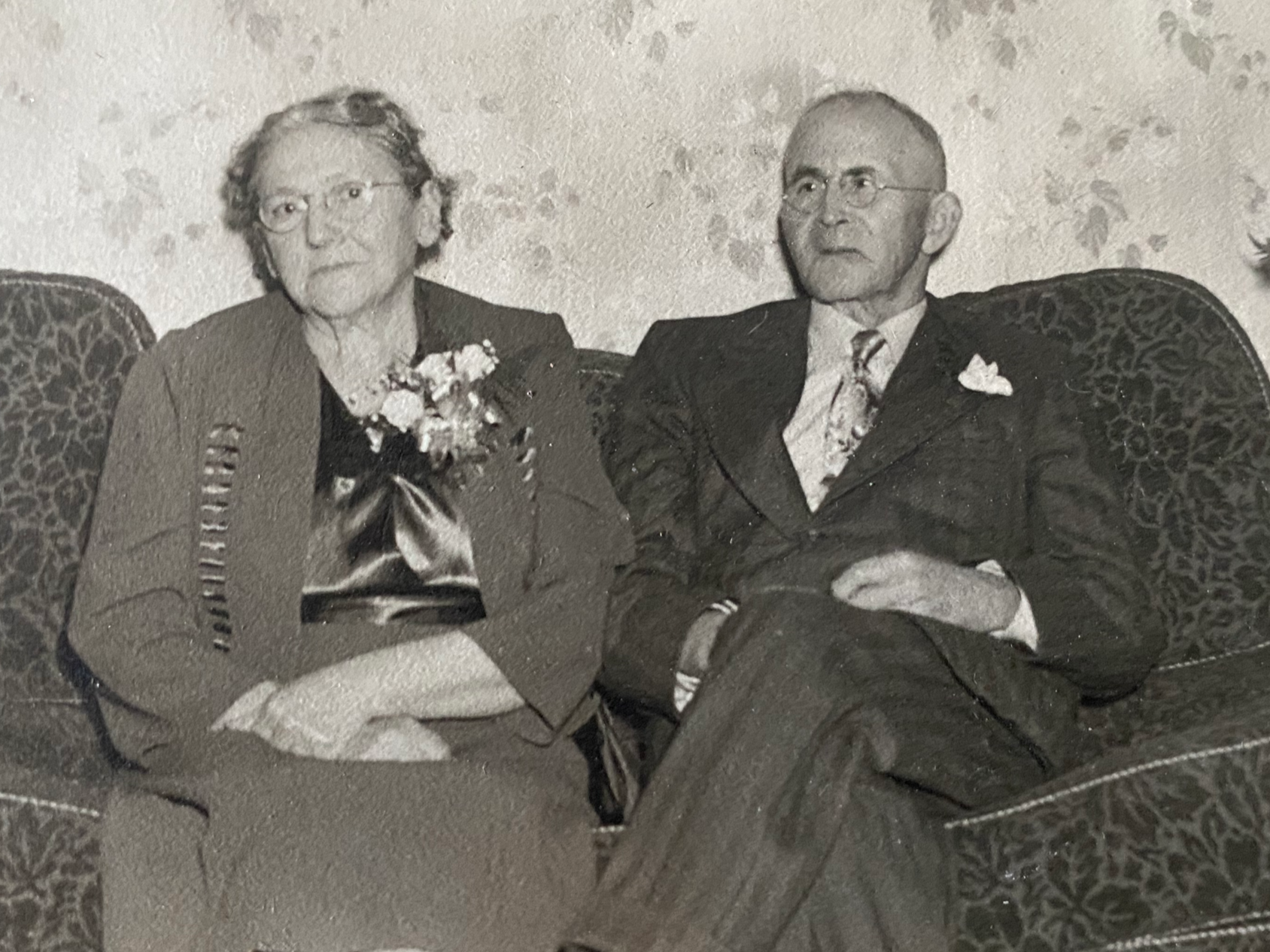
I believe in genetic memory
I don’t think the language was ever really lost here in Kenhtè:ke. But there were changes to education on the reserve that did have an impact. Here, there were day schools, which most of our students in the community attended.
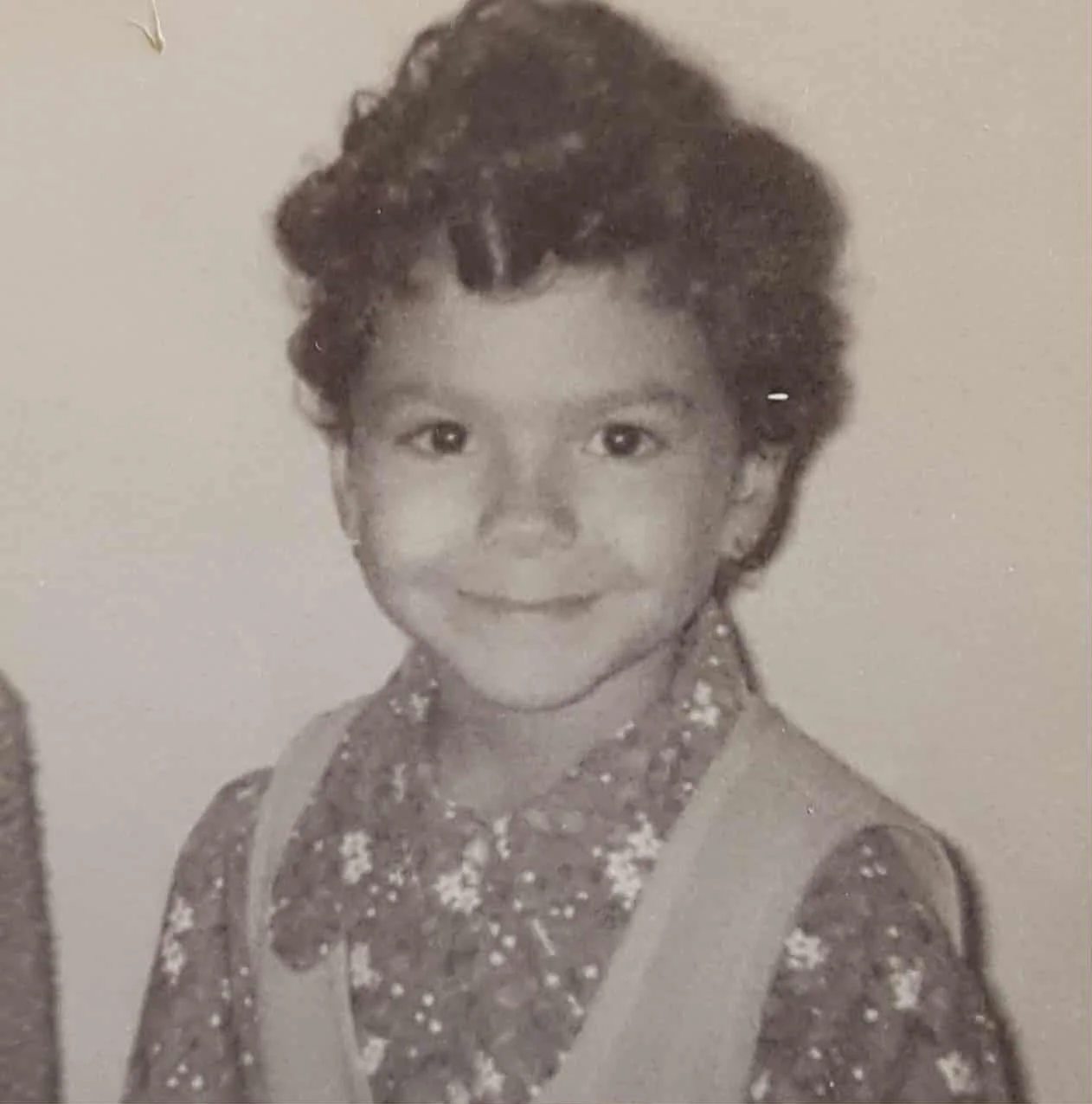
You have my freckles
I got a phone call two weeks later from Ms. Whitacomb, and she told me that she had found my file, and that she didn’t have the heart to put it at the bottom of the stack because she knew that she could facilitate and reunite this family.
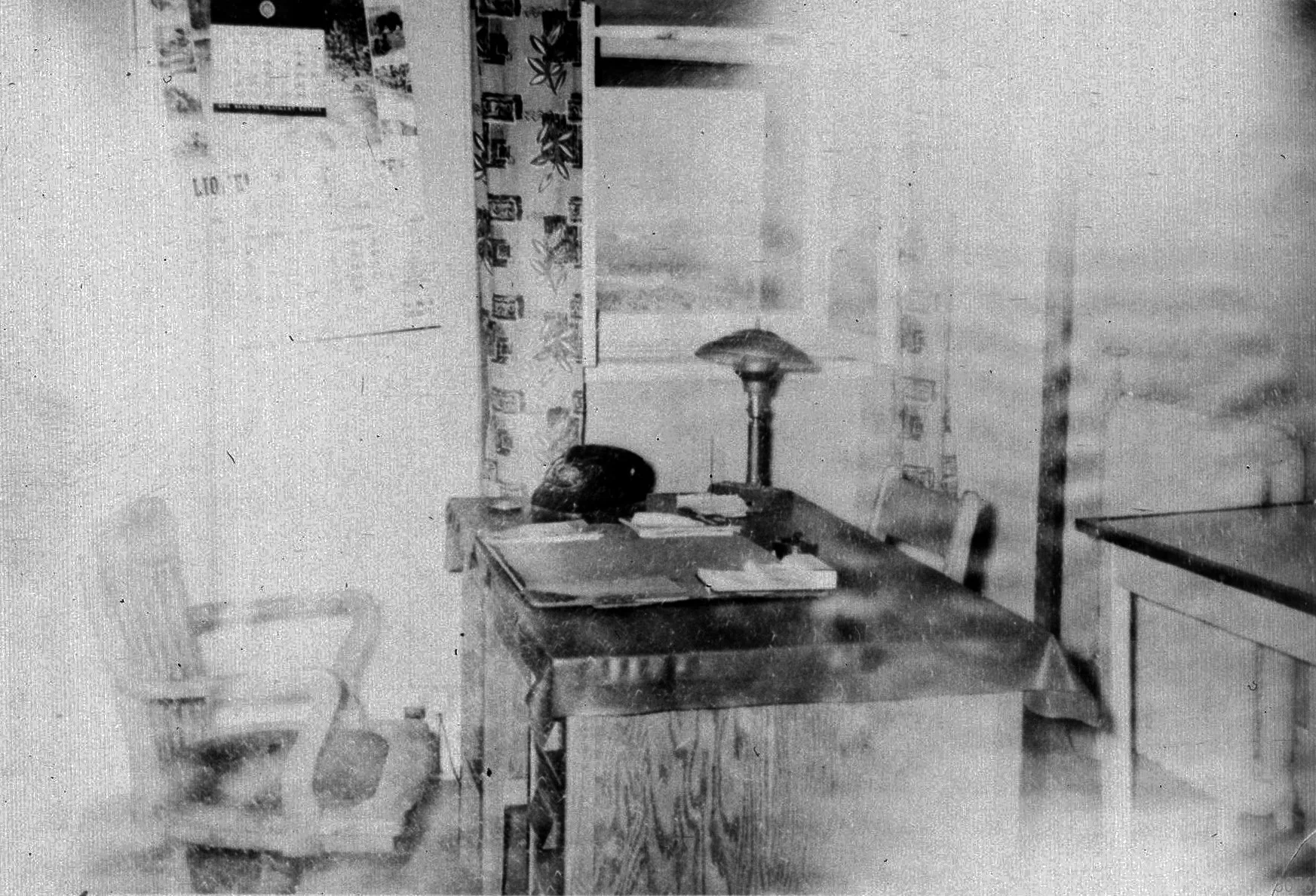
Very adventurous
She would work as a cook at the hospital, and she was part of the catholic church. They used to have busloads of people coming to the church and feed them at Kateri Hall, so she would go there and be a volunteer cook too.

Always feeding people
Even to this day, there’s a man in town who always makes it known to us that he was so thankful. When he was a young boy, he didn’t have much to eat and would ask my grandfather for a little bit of work and he would tell him to go and eat first.
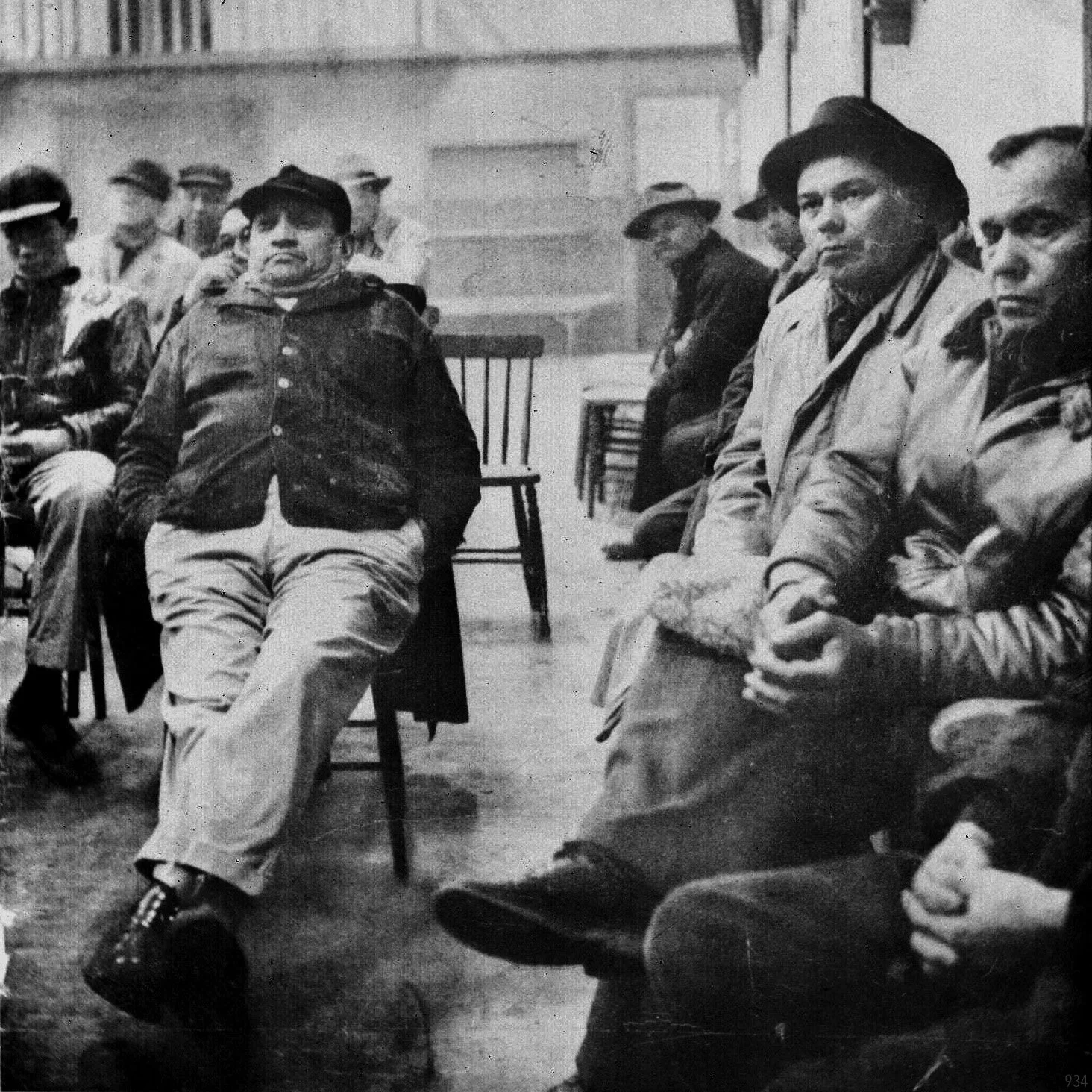
Ruling the roost
When we moved from Yellow Island to the village of Ahkwesáhsne, my dad started attending the council meetings that happened about once a month. My parents only spoke Indian. After a while, I could understand some things in English, more than my dad. So one day he said, “Come to the meeting with me and let me know what’s going on.” So we went.
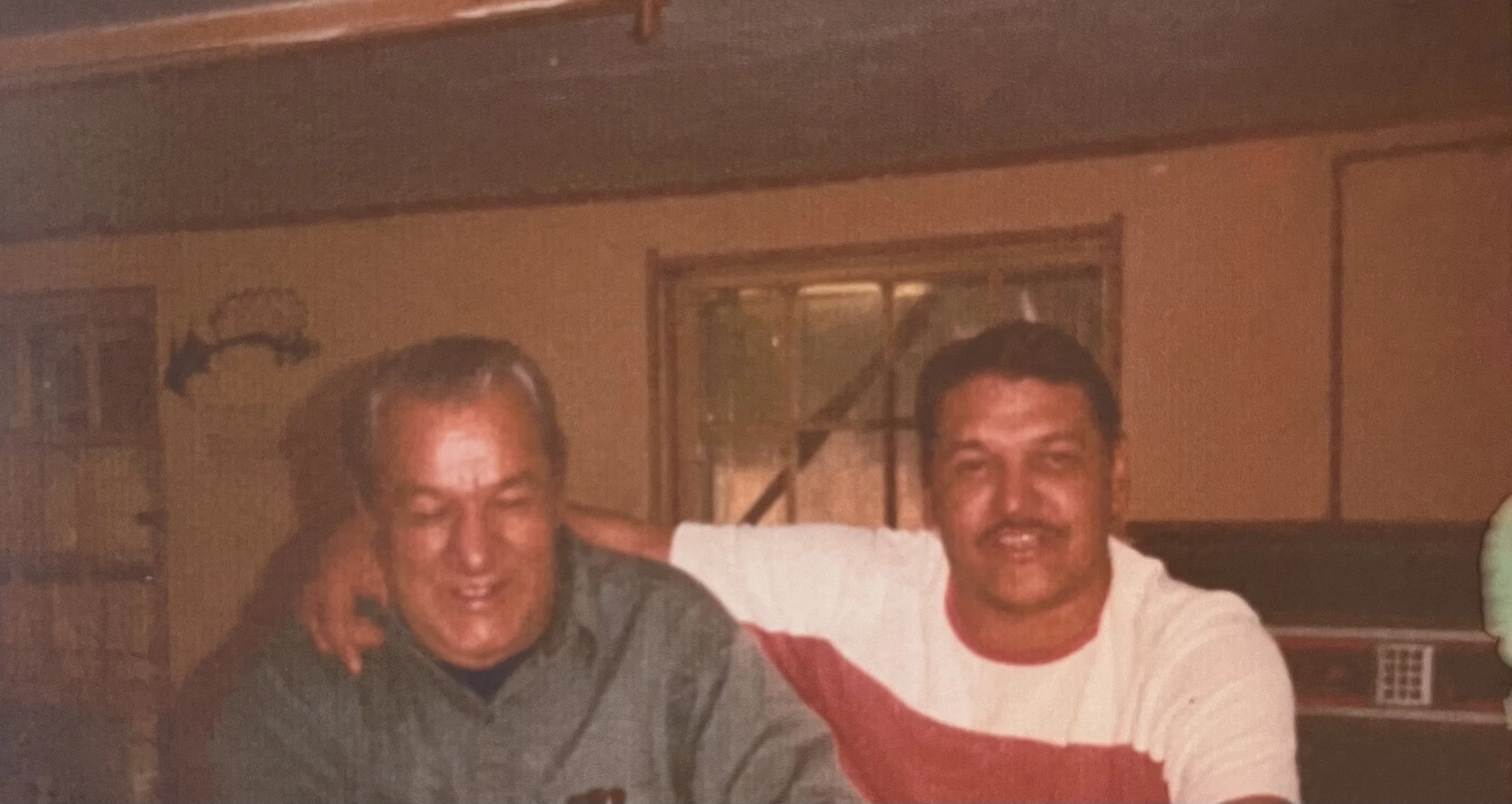
Hunting in Brasher
I hunted in Brasher, New York, since 1982. A friend told me about it, because he used to go up there. Before that we would go all the way to Lake Placid to hunt deer, because there were not many deer here.
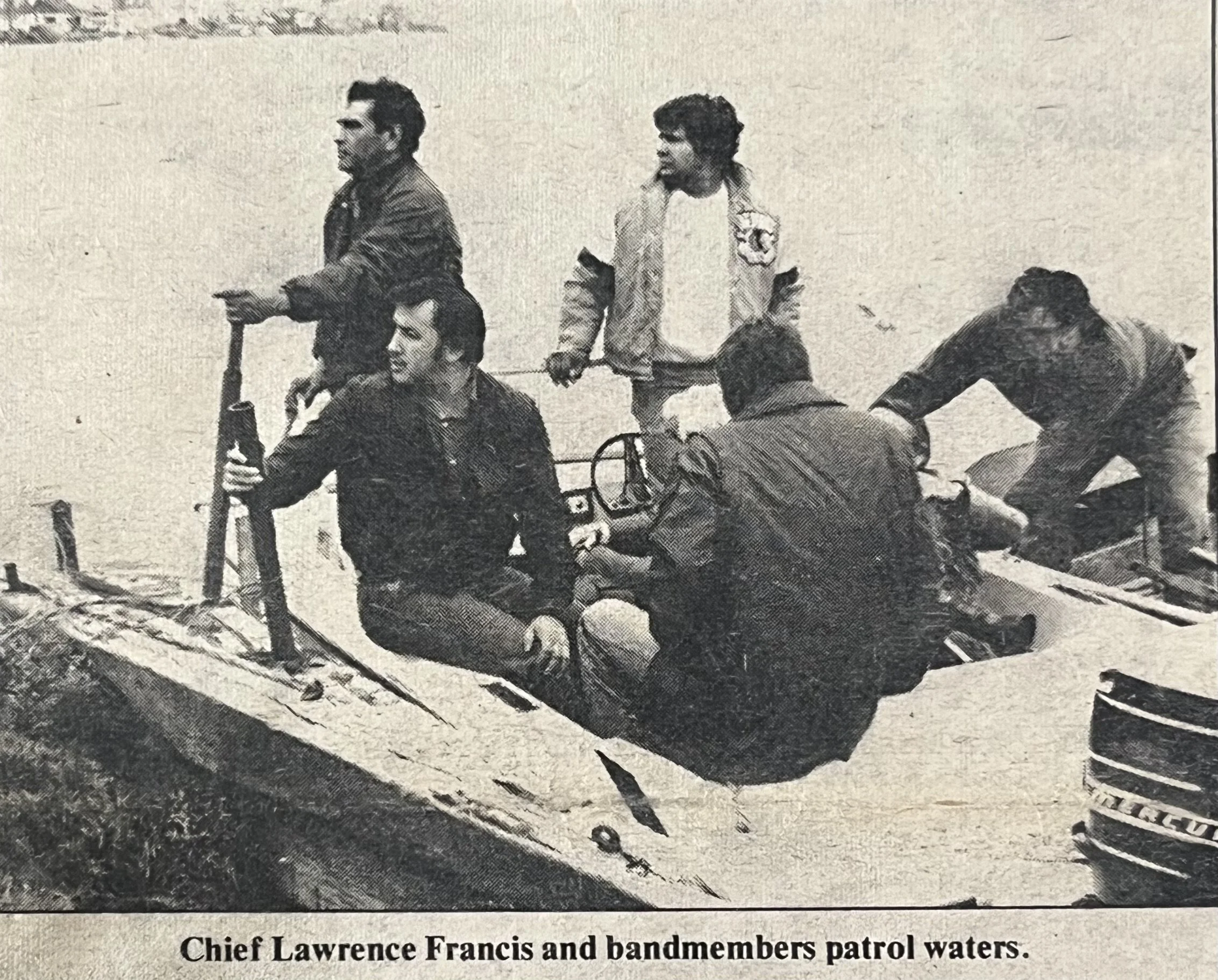
Where the river curves
I didn’t have a boat back then, so I had to borrow one and I had to bring it back at a certain time. This one man, old man Buckshot, that man had nets in the water. I brought the boat back the next day, and he was kind of mad; we went out on his boat and checked his net.

The Ladies Eight
They always had a good group. People get together to help each other out. If somebody loses a family member, there’s somebody who can help out to make lunch. When the service is finished, they would all go to the church hall and food would be ready for them to eat.

Faith, love and support
I was at Maria’s Gas Bar with a friend when I received a call. They told me that my dad was helping my brother pass but was in distress and that my brother needed someone to talk to our dad in our language, to provide support during this difficult time.
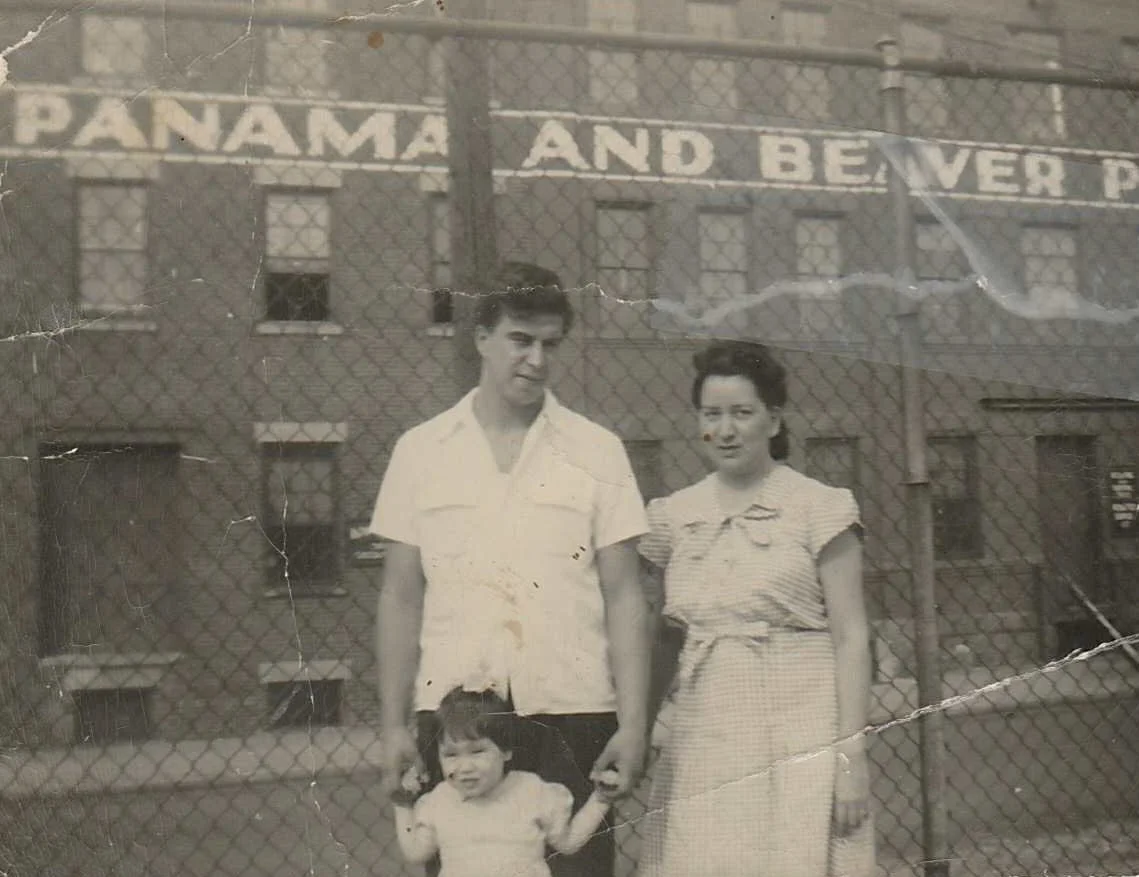
A Child’s Mind
I believe I was given a ring for my communion. It was a nice ring, I liked it. One day, when I was wearing it, I showed it to my mom. I told her, “Mom, the ring is hurting me.”
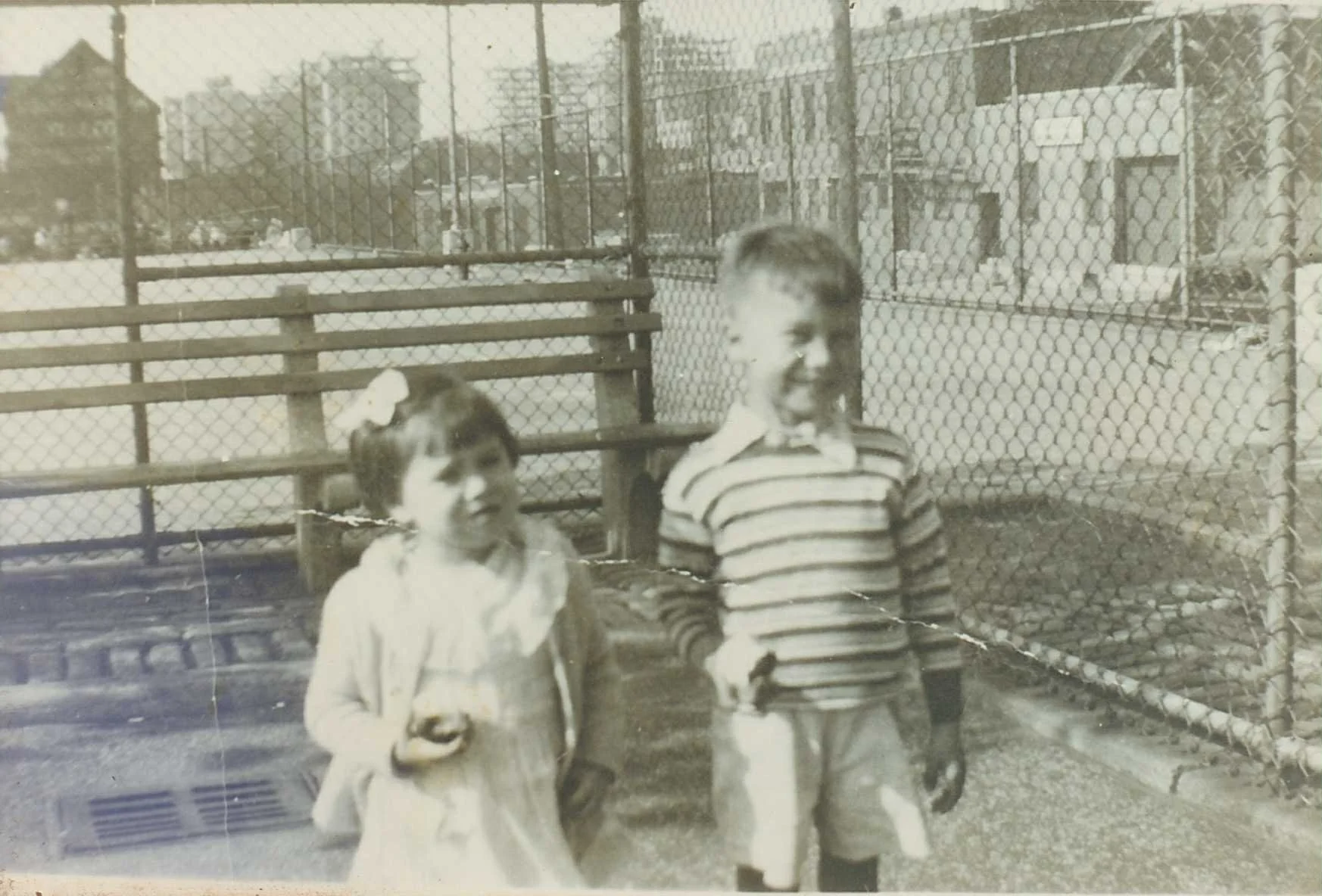
Life in Coney Island
My older brother, Steve, was really my guardian; I was not allowed to go no place, no place, no place, unless he was with me.


Giving thanks
When I was growing up, my parents always made me go to kindergarten and church. My mother was a teacher, and she would take me with her.

Keeping warm
My grandfather was born during the civil war, 1862 I think. He was born before Wounded Knee. He did a lot of travelling around the country. In those days there was no welfare, they couldn’t get money to eat. So, they had to work.
